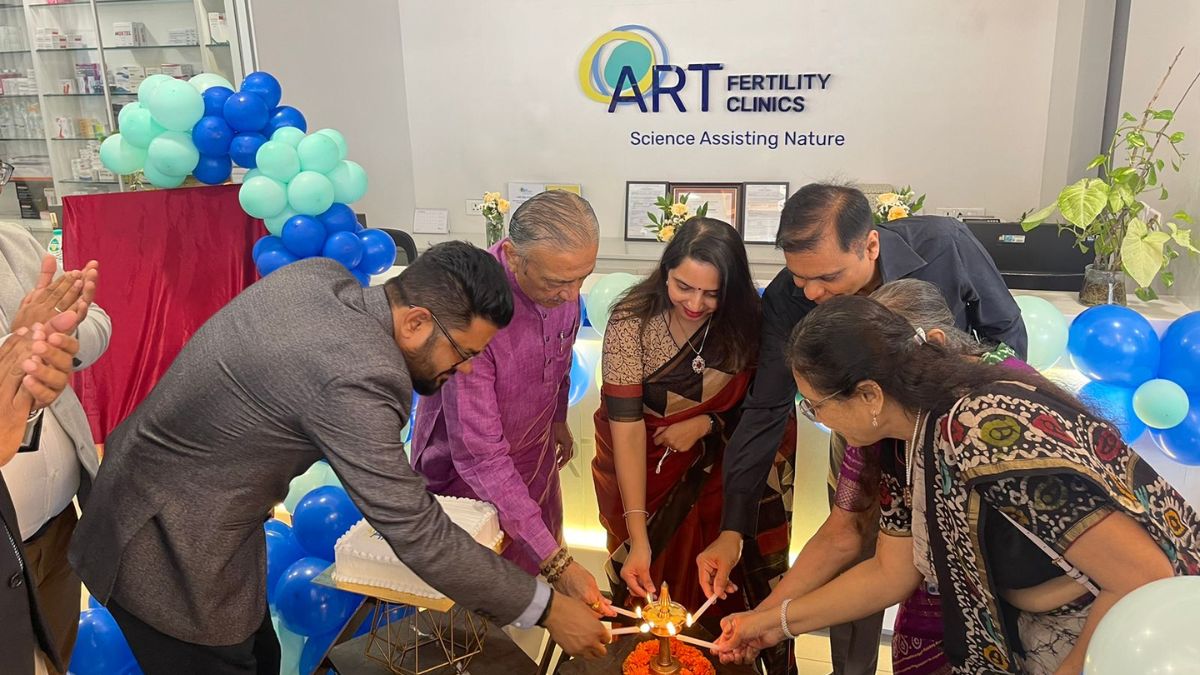SEEDS Champions Nature-Based Solutions to Revive Water Bodies Across India

New Delhi (India), June 5: On World Environment Day 2024 join the Sustainable Environment and Ecological Development Society (SEEDS) on their exciting journey implementing nature-based solutions in a series of successful projects that are reviving and rejuvenating water bodies across the country.
Through community involvement, these initiatives mark significant steps in checking coastal erosion, heritage conservation and urban resilience. From the cyber cities of Bengaluru and Gurugram to the ancient waterbody of Hauz-i-Shamsi in Delhi and the Sundarbans in West Bengal. SEEDS is making a lasting impact.
Watch the full video here: https://youtu.be/W7X074cJHmo
Key Highlights of the Projects:
Revival of Water Bodies: SEEDS initiatives include the revival of smaller lakes and ponds in Bengaluru, Karnataka, and Gurugram, in the National Capital Region. These efforts have been welcomed by stakeholders and serve as models for urban water body restoration and serve as models for urban water body restoration to recharge groundwater and check urban flooding.
Hauz-i-Shamsi Project: One of the notable projects includes the rejuvenation of the ancient Mughal-era waterbody, Hauz-i-Shamsi, in Mehrauli, Delhi. This project highlights the importance of historical conservation while implementing nature based solutions.
Sundarbans Climate Adaptation: In the Sundarbans, women and youth groups are leading the movement towards climate adaptation, showcasing the power of community-led initiatives in addressing environmental challenges.
Learning from Nature’s Fury
SEEDS co-founder Dr. Manu Gupta reflects on SEEDS journey of employing nature-based solutions (NbS) to combat environmental challenges. “I can still recall the devastation while standing on the Tamil Nadu coast after the 2004 Tsunami. The loss of lives, livelihoods, and homes was overwhelming. Working with affected communities and experts, we learned that nature-based solutions, like coastal vegetation restoration, could significantly reduce risk and economic hardship.”
Innovative Solutions
SEEDS has employed various innovative solutions to ensure the long-term success and ecological balance of these projects:
Nature-Based Solutions: Techniques such as floating bio islands and coastal vegetation restoration have been implemented to naturally purify water and restore ecosystems.
Community Involvement: Engaging local residents and fostering a sense of ownership and pride in their heritage have been key factors in the success of these projects.
Dr. Manu Gupta, SEEDS Co-founder, stated, “These projects are a testament to the power of community and the importance of preserving our heritage. By reviving these water bodies, we are not only restoring vital ecosystems but also reconnecting communities with their history and environment.”
Challenges and Achievements
The projects have navigated various challenges, including coordination with multiple local agencies, reviving community interest, and employing the right technology. Despite these hurdles, the projects’ success lies in the collaborative efforts of citizens, government bodies, and private sectors.
Future Implications
The revival projects serve as models for similar initiatives across India. They demonstrate how affected sites can be restored sustainably, involving community participation and nature-based solutions.
Dr. Manu Gupta’s Insights
In the video, Dr. Manu Gupta elaborates on the unique aspects of these projects. He reflects on the significance of the sites, recalling their roles in supporting communities throughout history. He emphasizes the community’s newfound sense of ownership and pride in their heritage, which has been instrumental in the projects’ success.
Dr. Gupta explains, “These projects are unique because they revive ancient systems that were once lifelines for their communities. They have brought together various agencies and the community to work towards a common goal. This collaborative effort is crucial in transforming the way we view and care for our urban and rural heritage.”
Community and Environmental Impact
The revival of these water bodies has not only restored but also addressed broader environmental and social issues. By implementing nature-based solutions, SEEDS has improved the water quality and ecosystem health of these areas. This approach also serves as a model for other urban and rural water bodies facing similar challenges.
The projects’ success in engaging local residents and fostering a sense of community ownership is particularly noteworthy. “Often, we consider these monuments as our backyards, never really caring except for those odd tourists who might drop by,” says Dr. Gupta. “But the kind of ownership citizens have shown for some of our projects has been remarkable.”
Future Vision
Looking ahead, SEEDS aims to replicate the success of these projects in other parts of India. The organization believes that such initiatives are vital for preserving the country’s rich heritage while addressing contemporary environmental challenges. These projects serve as blueprints for future efforts, demonstrating that community involvement and sustainable practices can achieve lasting impact.
About SEEDS
SEEDS (Sustainable Environment and Ecological Development Society) is not-for-profit organisation that enables community resilience through practical solutions in the areas of disaster readiness, response and rehabilitation. Since 1994, the organisation has worked extensively on every major disaster in the Indian subcontinent – grafting innovative technology on to traditional wisdom. It has reached out to families affected by disasters and climate stresses; strengthened and rebuilt schools and homes; and has invariably put its faith in skill-building, planning and communications to foster long-term resilience.
SEEDS has been awarded the United Nations Sasakawa Award 2022 for Disaster Risk Reduction and the prestigious Subhash Chandra Bose Aapda Prabandhan Puraskar 2021 by the Ministry of Home Affairs, Government of India
For more information, visit www.seedsindia.org
If you have any objection to this press release content, kindly contact pr.error.rectification@gmail.com to notify us. We will respond and rectify the situation in the next 24 hours.













































